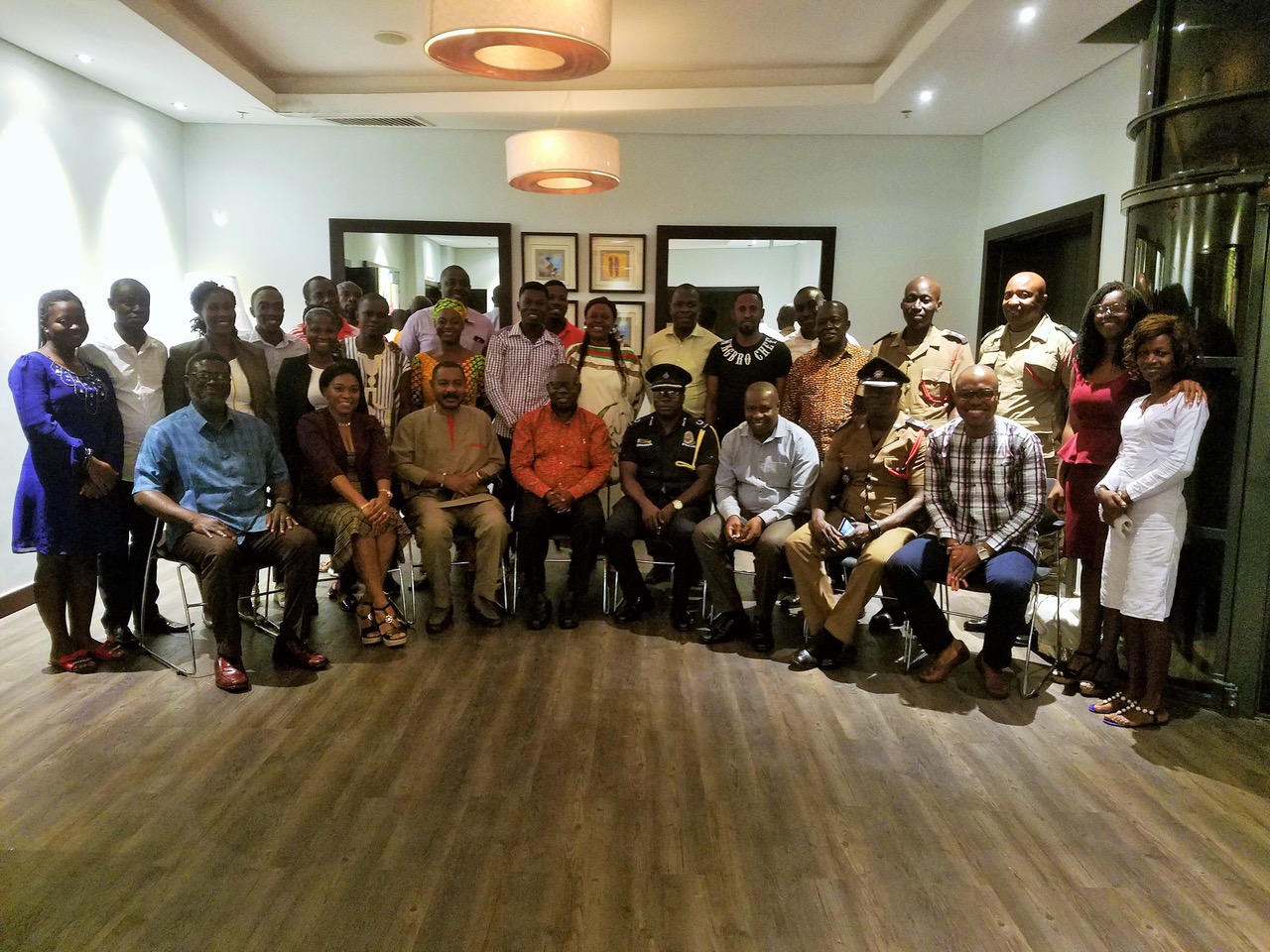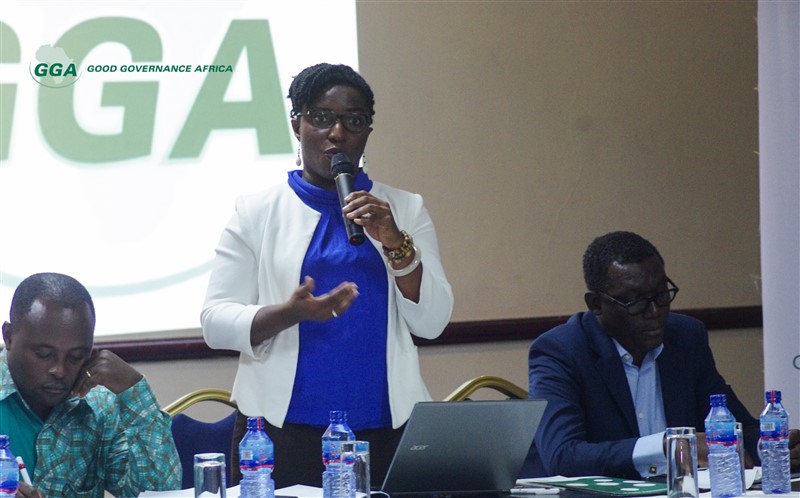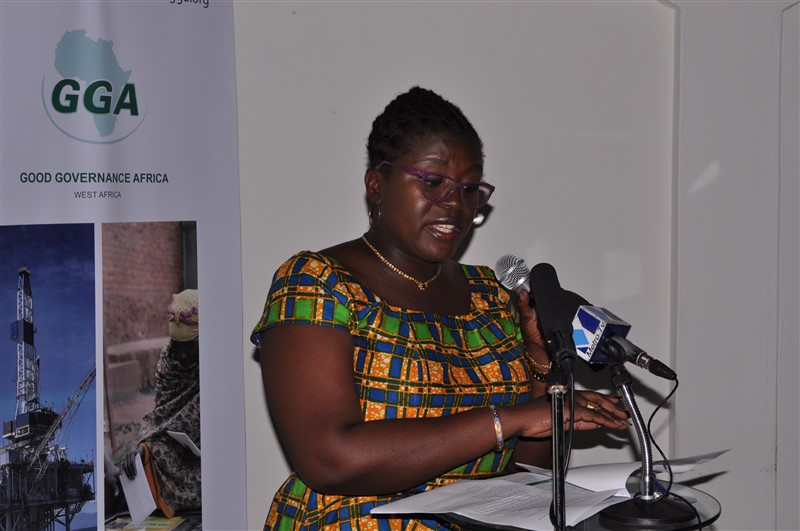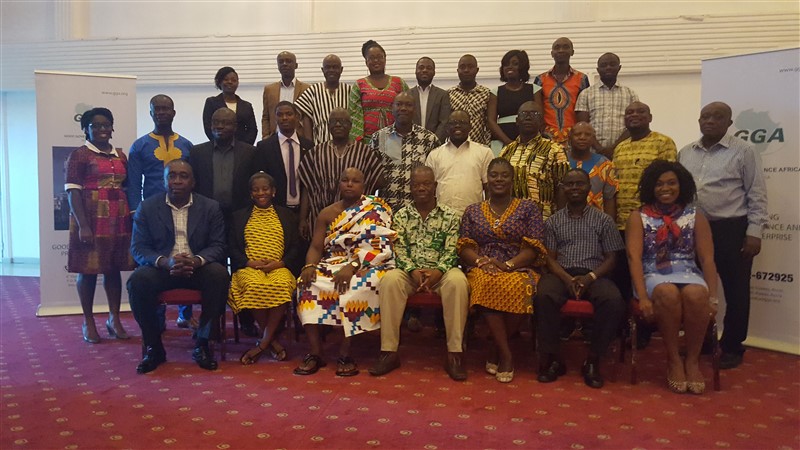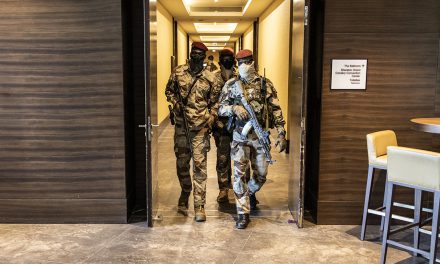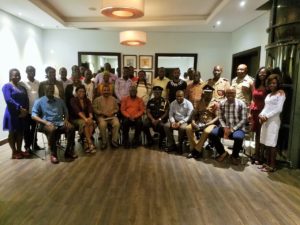
“Young men and women form a group and decide to live in the slums where no one can control their lives. Through our work, I have come across many who come from good homes but have decided to live in a slum so that the family will not control their chosen lifestyles. In these areas they have the freedom to smoke, drink, and engage in drug pushing and all the things that their families will frown on.”
“A couple of us moved here because nobody talks evil about you here. You can wear any dress you like, keep any hairstyle and nobody will talk about. Here they accept everybody no matter what your choices are. The pressure from our families and neighbours made like uncomfortable for us so moving here has brought some relief.”
The above are few of the responses from respondents in a research commissioned by Good Governance Africa on the topic, ‘TOWARDS MAKING GHANA’S CITIES RESILIENT: THE CHALLENGES OF GOOD GOVERNANCE OF SLUM DWELLERS.”
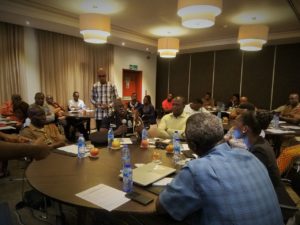
Speaking on the side-lines of a validation workshop held in Takoradi, the Municipal Chief Executive Officer of Sekondi – Takoradi Municipal Assembly, Mr. K.K Sam bemoaned the challenges the various identified slums within the municipality pose to the development agenda of the assembly. To him, there is a dysfunctional relationship between slum dwellers and city authorities and it makes it very difficult for state agencies to implement certain projects which fall within the enclave of these slums.
All over the world, slums have shared characteristics such as, overcrowding, poor quality housing, inadequate access to potable water, poor sanitation and lack of socio-economic infrastructure like schools, hospitals, public places and access roads, high rate of crime, unemployment, urban decay, drug addiction, mental illness, malnutrition, diseases and poverty among others.
Good Governance Africa is calling for resilient cities which are capable of providing almost all the above listed to resident to enhance decent living standards. To achieve this, it takes a multi-sectoral effort devoid of any political influence and at the workshop, the Ghana Police Service represented by ACP Duuti Tuaruka, Divisional Police Commander pledged his support together with Ghana National Fire Service, National Disaster Management Organization and other agencies.
The research sort to document and assess the implications/effects of slums and informal settlements on the economy of Ghana in the areas of social, economic, environmental, security and political development. It further seeks to develop robust strategies and policy recommendations to manage slums and informal settlements and prevent their occurrence.
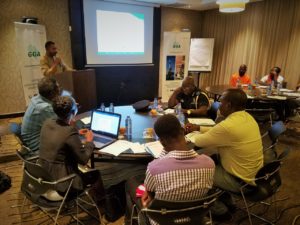
GGA-West Africa is an independent and non-partisan research and advocacy organization that works to improve government performance on the continent by strengthening institutions and building consensus through research, capacity building, sensitization programmes and orientations.

